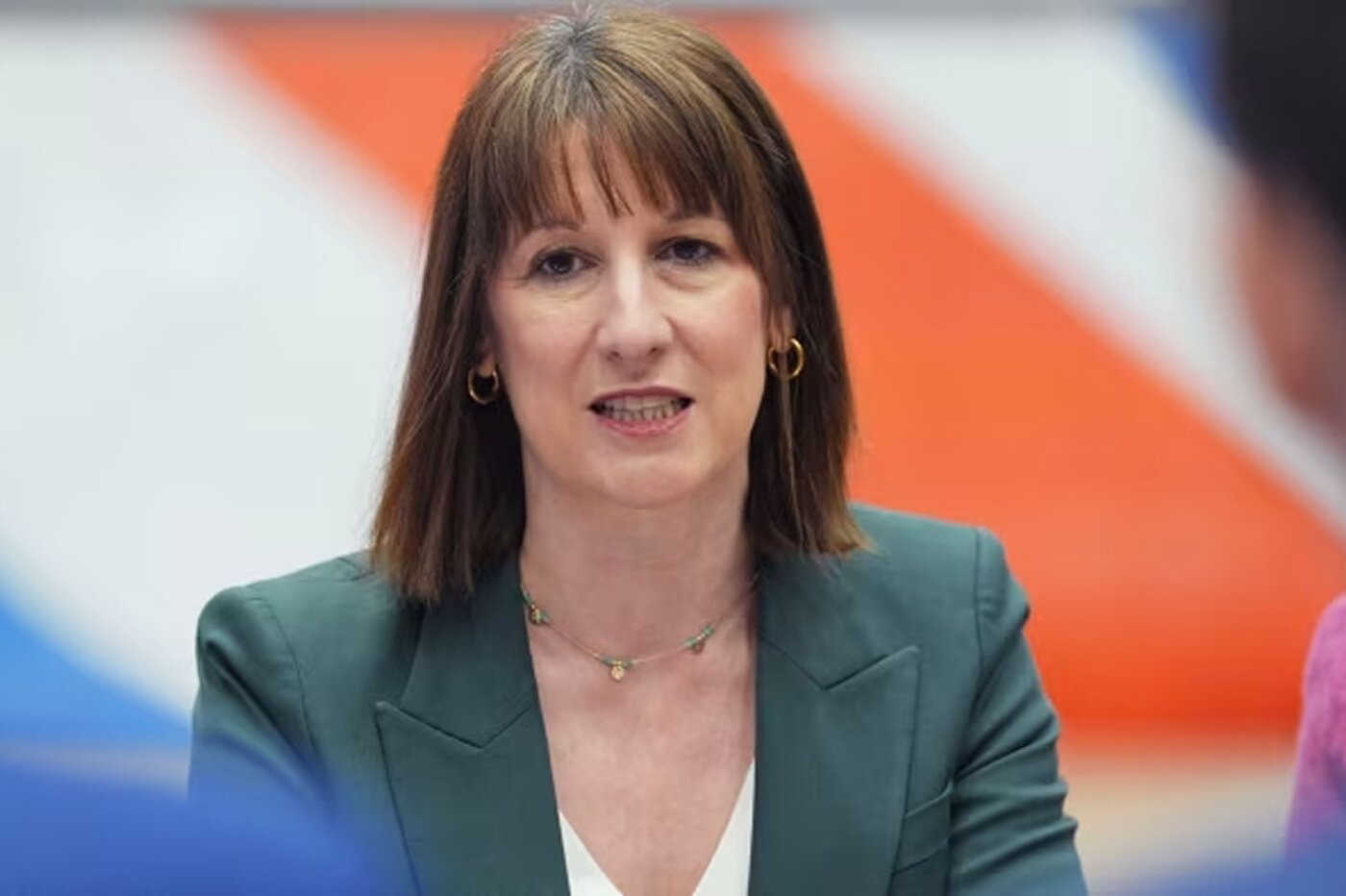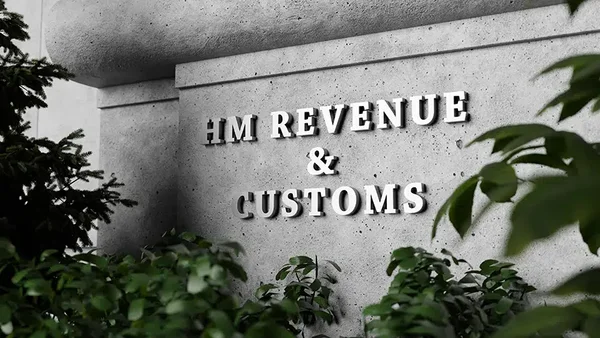Record Borrowing Sparks Fiscal Alarm
Chancellor Rachel Reeves is facing fierce criticism after government borrowing surged to £100 billion in just six months, the highest total outside of the pandemic years.
The Office for National Statistics (ONS) revealed that September borrowing reached £20.2 billion, marking the highest figure for that month in five years. Britain’s public debt has now exceeded 95% of GDP a level not seen since the early 1960s.
Critics have branded Reeves the “Spend Now, Tax Later” Chancellor, accusing her of papering over soaring welfare costs and public sector expansion instead of pursuing fiscal restraint.
Fiscal Recklessness or Crisis Response?
While Reeves insists that Labour’s borrowing is necessary to stabilise the economy, opponents argue it represents fiscal recklessness, not prudence.
The Chancellor’s spending spree, they say, has been driven by rising welfare bills, inflation-linked pay settlements, and large-scale green investment projects championed by Energy Secretary Ed Miliband.
Former Conservative ministers have accused Reeves of “folding to her backbenchers” and “kicking the can down the road,” claiming Labour has failed to control public finances.
Economists now warn of a “multibillion-pound black hole” ahead of the November Budget, with taxpayers expected to face higher taxes as a result.
A Return to ‘Old Labour’ Economics
Reeves entered office promising economic stability and responsible government. However, the latest figures have reignited fears of a return to “tax and spend” Labour policies.
Public borrowing has ballooned as the government prioritises welfare expansion and public sector pay, rather than structural reform or deficit reduction. Analysts say this mirrors the “doom loop” seen in previous Labour administrations borrowing to fund spending, followed by tax hikes to close the gap.
The pattern, critics argue, threatens to undermine confidence among investors, businesses, and financial markets.
Business Confidence and Growth at Risk
Despite government claims that “stability has returned,” business sentiment tells a different story.
The Institute of Directors has reported record-low confidence among UK firms, citing sluggish investment, higher costs, and weak productivity.
At the same time, the International Monetary Fund (IMF) predicts the UK will face the highest inflation in the G7 over the next two years, with growth per capita lagging behind other major economies.
“Labour’s approach of high borrowing, high taxes, and low growth is steering Britain into managed decline,” one analyst warned.
Businesses have cautioned that continued tax increases could further erode competitiveness and stifle innovation.
Conservative Criticism and the ‘Golden Rule’
Shadow ministers have seized on the figures to attack the government’s economic management.
Conservative leader Kemi Badenoch reiterated her party’s “golden rule” that at least half of every pound saved by government should go toward reducing the deficit, with the remainder used to cut taxes for families.
“The ‘Spend Today, Tax Tomorrow’ Chancellor has lost control,” Badenoch said. “Britain needs a government that lives within its means, reforms welfare, and rewards work.”
The Conservatives have pledged to deliver £47 billion in spending reductions to restore discipline to the public finances and create fiscal room for tax cuts.
Looking Ahead: Budget 2025 and Market Reaction
With the November 26 Budget fast approaching, all eyes are on Reeves to see how she addresses the growing fiscal shortfall. Economists expect further tax increases potentially targeting property, capital gains, and higher earners to plug the gap.
However, market analysts warn that continued borrowing could shake investor confidence and push up UK borrowing costs, forcing the Chancellor into even tougher decisions later. As one Treasury insider put it, “Reeves is walking a fiscal tightrope and the margin for error is getting narrower by the week.”
Outlook: Can Labour Regain Fiscal Credibility?
The debate over Britain’s fiscal direction is now shaping up as the defining economic battle of 2025.
While Reeves defends her approach as “balancing growth with responsibility,” critics see it as the first step toward another era of high-debt, high-tax stagnation.
With £100 billion borrowed in half a year, public debt nearing historic highs, and a Budget looming, the challenge for Reeves is clear: restore confidence or risk losing control of the economy.











